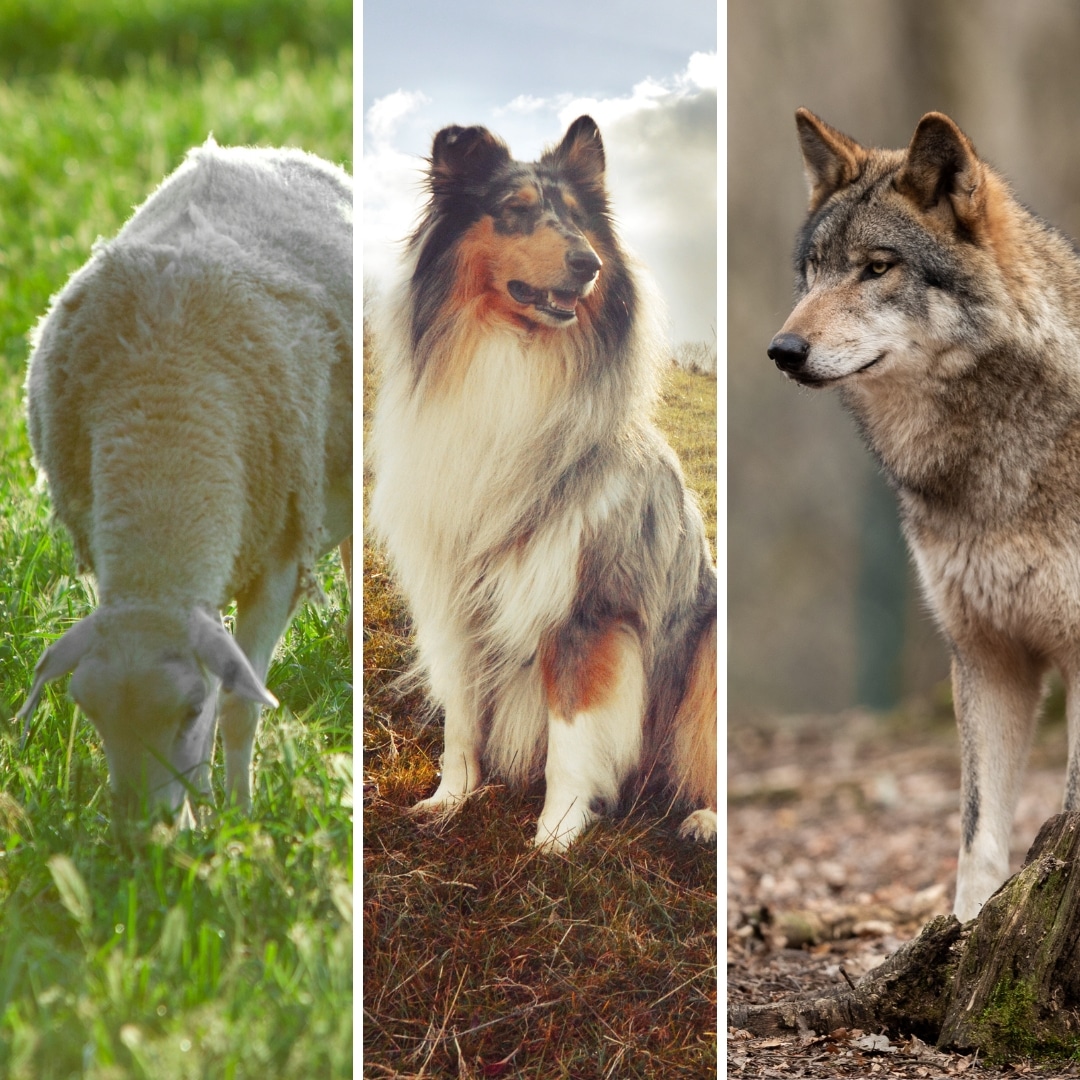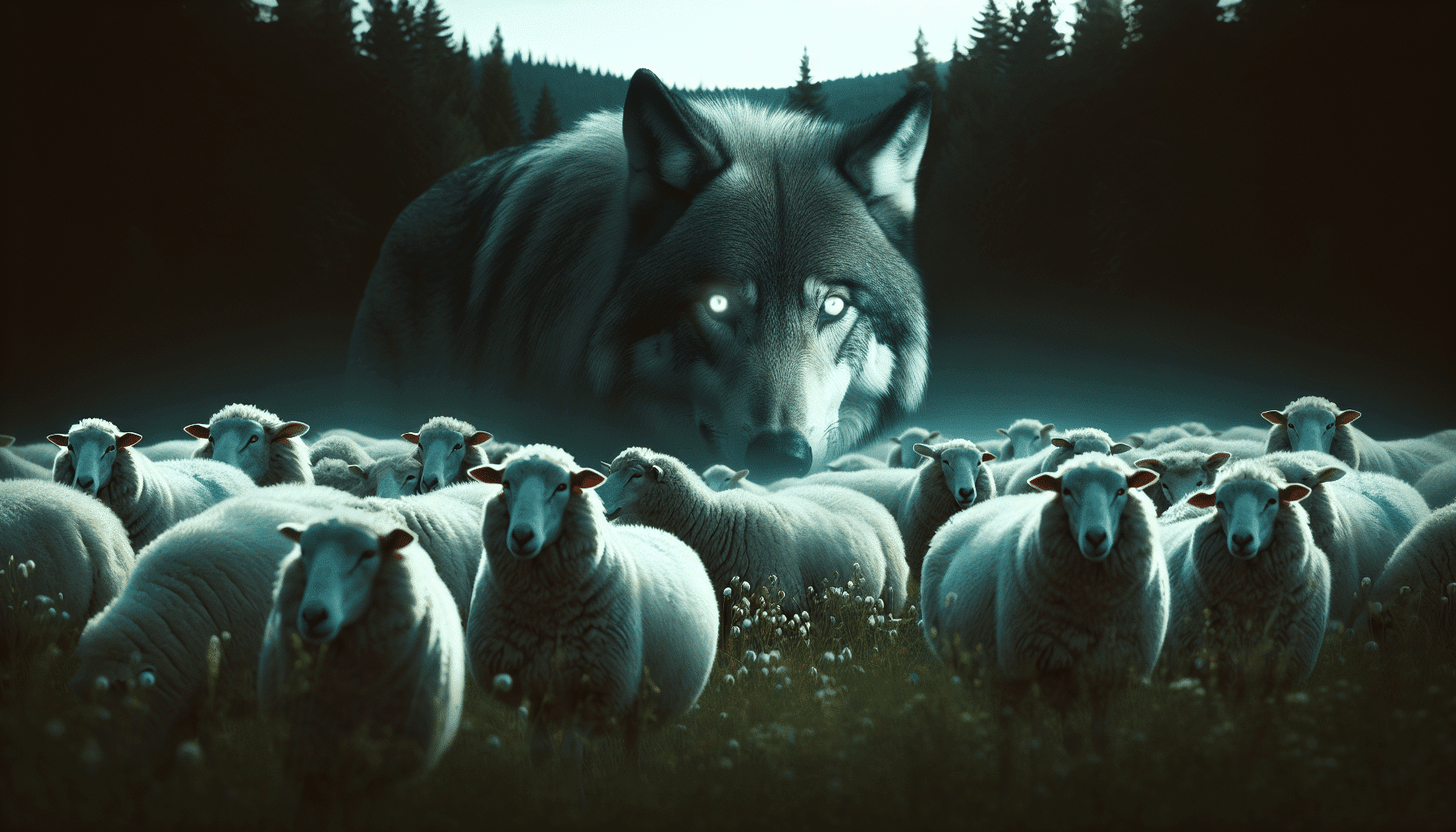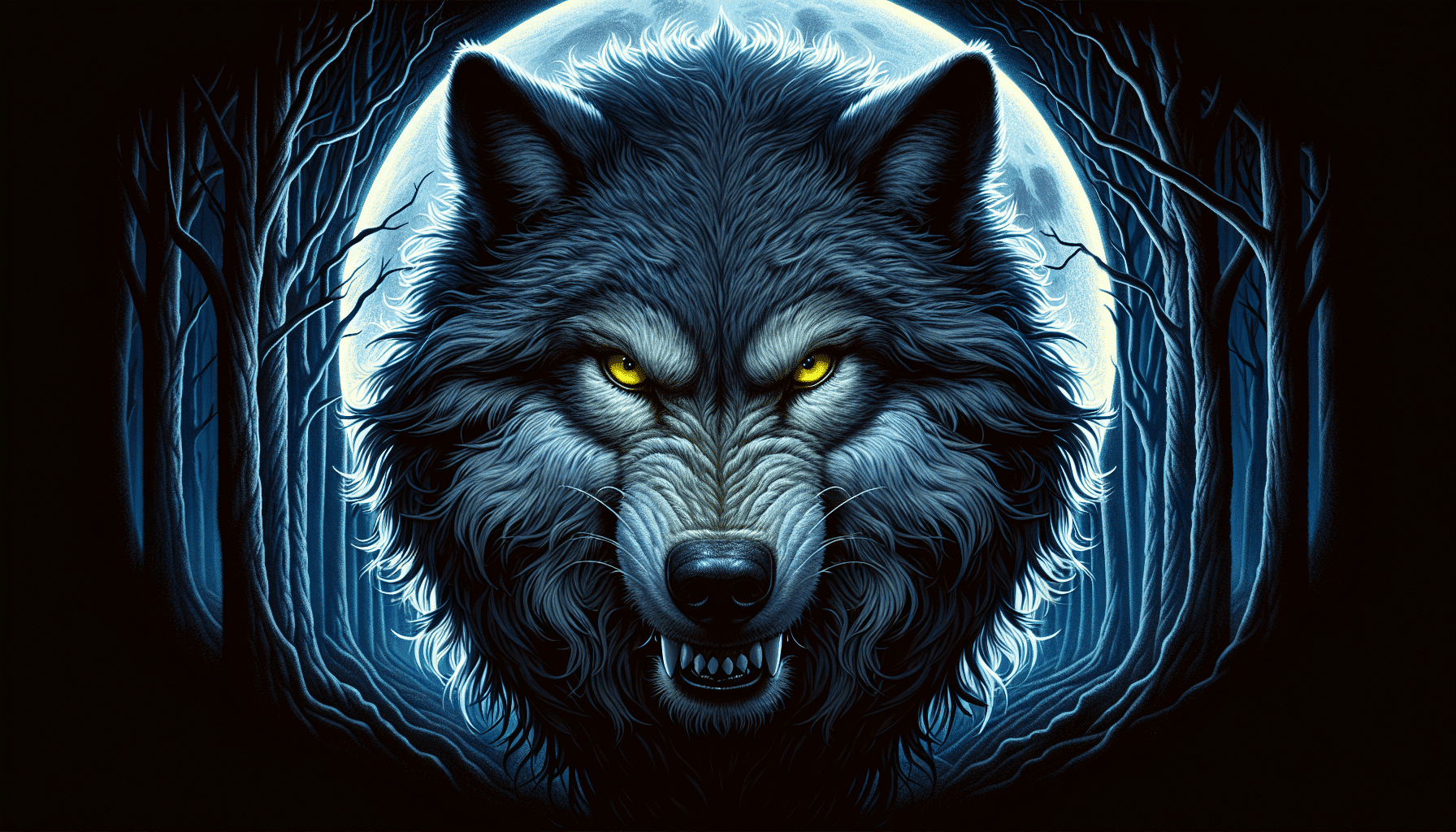
In the metaphorical pasture of life, are you innately watchful, fundamentally peaceful, or driven by darker instincts? These roles of sheep, sheepdogs, and wolves symbolize the innocent, the protectors, and the predators within society.
The insight you gain from this paradigm can transform your perspective on personal safety, societal roles, and assertive conduct. Explore through this article how these archetypes function in reality and how they may resonate with your own experience.
The sheep, wolves, and sheepdogs analogy categorizes people based on their behavior as harmless and vulnerable (sheep), predatory and aggressive (wolves), or protective and courageous (sheepdogs), the latter of whom are primed to confront threats and ensure safety.
Violent crime statistics indicate a decrease in the U.S., with specific demographics and locations being more susceptible to such incidents, underscoring the ongoing need for awareness and protective measures against potential threats.
Sheepdogs play a critical role in society by enforcing laws, preventing crime, and maintaining order, their presence essential for fostering societal growth, security, and a decrease in crime rates.

The sheep, wolves, and sheepdogs analogy, while its historical origin is unclear, has been popularized in various contexts, including the military and law enforcement. Notably, retired US Army lieutenant colonel and war veteran Dave Grossman, who has also discussed the mindset of an American sniper like Chris Kyle, has played a key role in bringing this concept to a wider audience.
This analogy essentially categorizes people into three distinct groups:
Sheep: The majority, who are gentle and can only cause harm unintentionally.
Wolves: Predators and aggressive sociopaths who prey on the vulnerable.
Sheepdogs: Ready to confront the wolves and secure the safety of the sheep.
Utilizing this concept, we categorize individuals as per their behavior and mindset. Sheep symbolize those requiring protection, wolves signify aggressive sociopaths exploiting the weaker, and sheepdogs denote protectors of the vulnerable. This analogy serves as an insightful tool to comprehend and navigate worldly realities.

Sheep individuals, in this context, exhibit a gregarious nature, forming close bonds with other sheep, particularly within their own flock. They are highly social and often seek the presence of other sheep to establish a sense of comfort.
In situations involving violence or threats, ‘sheep’ individuals usually gather, confront the danger, and collaborate with their comrades to minimize potential harm. Occasionally, they might seek protection from figures like police officers, likened to sheepdogs in this context.
Living in denial can adversely affect those exhibiting ‘sheep’ behavior, as it obstructs their capacity to identify and address risky or unhealthy situations, leading to psychological distress and stunted personal development. Unfortunately, denial is a widespread trait among the ‘sheep’.

Individuals who target the vulnerable often demonstrate traits including:
Narcissism
Psychopathy
Sadism
Machiavellianism
Antagonism
A strong desire for complete control over others
Aggressive sociopath tendencies
This psychological makeup is often found in the wolves of society. These individuals resort to violence for personal gain, possibly due to a compromised moral compass or a distorted perception of moral principles.
Understanding the psychological factors driving violence is pivotal in addressing and reducing its prevalence. In the battle between good and evil, ‘wolves’ embody the darker aspects of human nature, their actions standing in sharp contrast to the heroism of the ‘sheepdogs’, who courageously confront these ‘wolves’ to shield the innocent.
This dynamic is just what makes understanding these psychological factors so crucial, especially when considering how wolves feed on fear and vulnerability.

Sheep dog, a rare breed, possesses inherent traits of vigilance, bravery, compassion, and intellect, and is recognized for its affinity with children, rendering it as a patient and protective companion.
Characteristics such as gentleness, affection, intelligence, sociability, and a love for enjoyment distinguish their psychological profile.
The sheepdog mentality towards preparedness and vigilance is characterized by possessing survival instincts and traits of predators. They place importance on:
Preparedness
Vigilance
Sound judgment
Maintaining constant awareness of potential threats
Being prepared to safeguard and defend others from harm.
Through rigorous training and mental exercises, including obstacle courses and role-playing scenarios, sheepdogs prepare for hazardous situations. This process helps them develop instinctive and suitable responses, ensuring their safe evasion from threats.
Walking the warrior’s path, similar to the hero’s path, embodies authenticity, maintaining inner composure, and openness to growth, while possessing untapped potential, unexpressed energy, and unfulfilled aspirations.
Sheepdogs demonstrate warrior-like qualities through bravery, courage, and selflessness. They are prepared to enter challenging situations and safeguard others, similar to a warrior’s dedication. Training holds significant importance for a sheepdog following the warrior’s path as it aids in the development of essential skills, mindset, and physical abilities needed to effectively protect and serve others.
As per the FBI, comprehensive data on more than 11 million criminal offenses reported to the Uniform Crime Reporting (UCR) Program indicates that in 2021, violent crime decreased by 1.7% following a 4.6% increase in 2020. Additionally, property crime experienced a 4.5% decrease for the second consecutive year in 2021.
Violent crimes commonly encompass:
Murder
Manslaughter
SA
Arson
Terrorism
Domestic violence
Gang violence
Kidnapping
Despite this, these crimes remain relatively rare when compared to the overall population, but what is important to note is that they still occur.
Individuals within the age range of 18 to 21 are the demographic most prone to becoming victims of violent crime. There are also specific locations that are more prone to violent crime incidents.
Denial is a psychological defense mechanism utilized to mitigate anxiety or distress by disregarding the reality of a situation. It serves as a means for the mind to shield itself from challenging or uncomfortable truths, often stemming from a universal human phobia of facing painful realities.
Denial can have both positive and negative impacts on a person’s response to danger. Although it might provide temporary respite from distress, it can lead to poor decision-making and a reluctance to consider alternative views, thereby impeding effective responses to danger. Making a conscious and moral decision to face the reality of the situation can help overcome these negative effects.
Indicators for identifying the signs of denial in oneself or others include:
Refusing to discuss the problem
Rationalizing behavior
Attributing blame to others or external factors
Downplaying the consequences of actions
Evading accountability for one’s actions

The strong sense of duty and love that sheepdogs have for their fellow citizens is rooted in their ability to combine their capacity for violence with a strong moral compass and empathy for others.
Sheepdogs demonstrate their protective role by utilizing their innate aggression to respond to violence, thereby ensuring the safety and defense of society and its innocent members.
The strong protective instinct of sheepdogs can be traced back to their innate survival instincts, showcasing traits found in both protectors and predators.
Sheepdogs, like police officers and soldiers, bolster public safety by:
Patrolling designated areas
Responding to calls for service
Enforcing laws and regulations
Taking proactive steps to prevent crime
Maintaining community order
Their role is crucial in preserving order, safety, and security within a society, fostering its growth and development, and ultimately shaping a healthy productive citizen.
Research has shown that the presence of sheepdogs in a community can lead to a decrease in crime rates, including homicide, robbery, and burglary. For instance, well-trained sheepdogs have effectively safeguarded sheep from predators such as wolves, coyotes, and mountain lions.
In sum, the sheep, wolves, and sheepdogs analogy provides a unique lens to view societal dynamics and personal responsibility. Sheep, the majority, are gentle, kind, yet vulnerable. Wolves, on the other hand, represent the darker side of human behaviors, preying on the vulnerable for personal gain. Sheepdogs, the protectors, use their capacity for violence out of deep love for their fellow citizens, ensuring the safety and growth of civilization.
Sheepdogs do not necessarily protect sheep from wolves, as this is primarily the responsibility of the shepherd. However, certain larger breeds of dogs can help herd and discourage wolves when trained to do so, working in pairs to protect the flock.
The story of the wolf and the sheepdog is a personal account of a police officer's experiences on the cold streets of a large Canadian city, depicting his journey from a fresh recruit to an experienced street cop dealing with various police calls.
In the military, "sheepdog" refers to the protectors, including police, firefighters, EMTs, and military personnel, who safeguard the innocent from harm. This term denotes those who serve as the guardians or defenders of society.
The concept of sheep, wolves, and sheepdogs describes the different types of people in society: the gentle majority (sheep), the predators (wolves), and the protectors (sheepdogs) who confront the wolves to defend the sheep.
Sheepdogs are willing to use violence to protect and defend, while wolves use violence for their own malicious purposes.
Bonus Backlinks says:
Thankyou for sharing the information with us.
says:
Bravo, the ideal answer.
Todd Gamble says:
Would like to join your group.